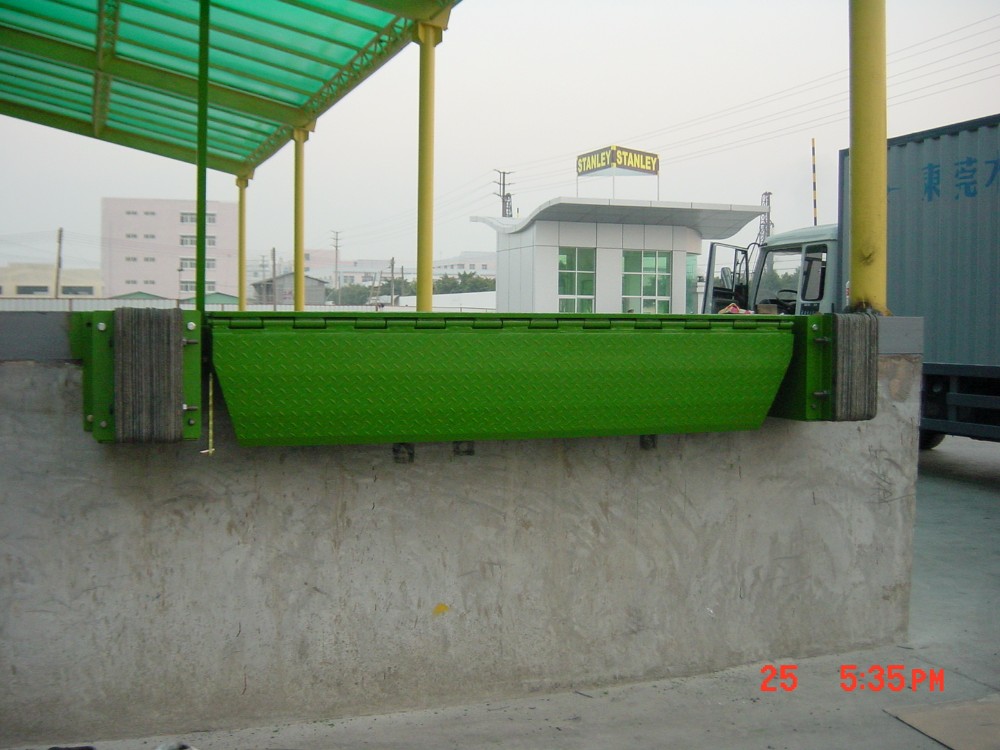

Noise kill: John Federico makes a great point about Dynamic vs. Most people I know have an office and create a studioffice. On the other hand, the big upside is setting up a bunch of stuff and then never having to take it down. It’s also just like the gym, when you go you will get the job done, if the equipment is in the house it will probably end up as a clothing rack. Either call Parsons Audio and spend the money or talk to some podcasters who are always experimenting with cheap stuff, which is often pretty good thanks to the current level of technology.ĭo you really want to build a studio in your house and lose a room? Renting allows you to not have weirdos in your home, will sound fantastic, and means that you won’t have the UPS guy ringing the doorbell or the General Lee driving by honking the dixie horn. I probably know about 5% of what you need to know to build a studio, but that doesn’t matter because there are two easy options. Jason is a mensch and I realized that my comment would be one of those annoying five page Facebook comments so it was much easier to write an entire manifesto here. Jason Keath posted about building a home studio on Facebook and asked if I would throw in my two cents. If you realize that the air conditioner or other stray noise in the background is annoying this can make a huge difference.

Warehouse levelator free#
Soundsoap is not free but does a great job at reducing background noise and can also add some Barry White to your sound. All you do is drag and drop your file on to the window and it spits out a second file that sounds better. This includes fixing where one person is louder than the other. The Levelator is a free tool that will adjust the entire file so that it uses most of the dynamic range. I am by no means an expert in this area, but I can give you two simple things to at least get from annoying to sounding closer to an NPR podcast: Now there’s an entire profession dedicated to mastering audio – making it sound great and taking into account the devices it will be played on. These are the situations where you turn up a podcast and then when you get a text message, or your running app cuts in to tell you how many miles you are at, it blows your ears out. In other words, you are going to have to turn the volume up twice as much compared to the average song, or audio cues on your phone. On the left side the recording is not taking advantage of the power available to it. If you cut the picture above in half, the left side is the “Before” and the right side is the “After”. Here’s a screenshot of an audio wave: Sound Wave Before/After Tim has a page where you can submit comments and I wanted to post a sample to show what I’m talking about.įor anyone podcasting here are two simple things that can significantly improve your audio. I’m just posting this because I listened to a Tim Ferris interview with Tony Robbins this week and it doesn’t do well in the car or while running because of the mix.


 0 kommentar(er)
0 kommentar(er)
